

As I mentioned a few weeks ago, Jonathan and I read the companion titles,
Every Man's Marriage
and
Every Woman's Marriage
.
Since this pair of books is obviously set up to be read independently by the husband and wife, Jonathan and I did that, and are sharing our thoughts as a team on the respective titles.
Carrie's thoughts on Every Woman's Marriage :
:This is a great book for just the female partners in the marriage to focus on. I opened the first few pages to find Shannon Ethridge to be a woman very much like myself in temperament and personality. It was easy for me to read her and take in the advice (which I identified with a great deal!) I felt convicted and challenged as a wife - in a good way! My favorite quote is probably the following:
"God designed the institution of marriage not just as a means to our happiness but as the very foundation of society. Marriage isn't a temporary agreement made for our convenience or selfish intentions. It is a lifelong, blood-sweat-and-tears, come hell-or-high-water commitment. When we marry, we pledge our entire lives to our spouses, "for better for worse, for richer for poorer, in sickness and in health, to love and to cherish, until we are parted by death."
Marriage is a sacred relationship that we should prize above all others and that we should hold on to for dear life. It's in this precious, sacred relationship that we can practice becoming more holy, exercising our spiritual muscles to become more like Christ." (Chapter 4, page 47-48)
I think one of the hardest things for me to realize, the further in we get into our marriage, is that the world really seems wants to pull us apart. I wouldn't say that I entered into this "blessed state" (which, for the record, it is!) with blinders on. I didn't expect it to be
easy. I just didn't expect it to be torn at by outside forces as much as it has been. That's a hard road to walk and it takes fight and effort to keep going with it and to take care to protect it. When Ethridge says that marriage is something that you hang on to "for dear life" - she wasn't kidding! The encouragement that this book offered was welcome along with the conviction - to keep pressing on and honoring my relationship with Jonathan above all others.
Jonathan's thoughts on Every Man's Marriage :
:First of all, I want to describe the general tone of this book. From what I've seen, books on marriage fall into two camps:
- Books which focus on expositing scriptures related to the marriage relationship, and to bring conviction by revealing the sin and selfishness so frequently found in ourselves when compared to the light of Christ and the perfect analogy of his role as bridegroom to the church. (What Did You Expect??, by Paul Tripp, does a fantastic job of this.)
- Books which focus on helping married couples overcome the hurdles in their communication styles, so that they can understand each other better and operate more effectively as a team. These issues are still often addressed from a Christian perspective, and a great example is The Five Love Languages by Gary Chapman.
Every Man's Marriage
is a blend of the two styles, and covers a very broad range of subjects by multiple authors as you progress through the book. The positive side of this is that the broad focus is likely to hit on a great number of issues that are relevant to your marriage. But, on the other hand, it doesn't go into extreme depth for any given subject, and it reads like a general Christian handbook to marriage concepts, pitfalls, and encouragement.
Personally, I've always had a penchant for reading marriage books... I recall reading them even before I was married or was in any kind of relationship. In retrospect, that really wasn't particularly useful! A bit like reading a tour guide to a foreign country you don't have any plans to visit.
My personal challenge now is that I enjoy reading books like this, nodding sagely at their advice, wincing a bit when they hit too close to home, and feeling silently smug when the authors share self-deprecating anecdotes from their own marriages where I feel like I could honestly say, "Well, even
I wouldn't make that mistake!"
But, by applying that kind of attitude when reading books like this, and then moving on and living my life, there is really no benefit to be gained, and I may have just as well spent the time reading a good novel instead. Because, truly, purely academic knowledge in the area of relationships is not much use at all.
For example, a year ago I subscribed to
This Old House with every intention of becoming inspired into lots of grand projects about our house and yard. Today I just received the last of my 12 issues in the mail. Each month I enjoy paging through them and seeing different ideas, construction projects, and what appears to be an inexhaustible variety of ways to use power tools! Now, a year later, I'm a lot smarter for it, and I can toss out complicated-sounding terms like "mortise and tenon" with wild abandon.
But, how many homeowner projects has this actually prompted me to take shovel in hand and go after? A big fat
zero. Because, even though the glossy magazine photos of promised outcomes look fantastic, I know that there's a big difference between sitting in an armchair reading a magazine, and roto-tilling ground and pulling weeds under the hot sun! Our land will probably have to survive with the bare minimum of attention for a good long while. (Retirement, maybe?!) I don't think I'll renew my subscription.
It's tempting to apply a similar attitude to our marriages, and just stay on "survival mode", where we do the equivalent of keeping the grass cut before it gets knee-high and, well, if the drywall gets banged up somehow, just hang something colorful over it!
But, the rewards of maintaining and building your marriage are more far-reaching than any construction project ever could be, and the effort that we invest in making changes in our own attitudes and actions are repaid a thousand-fold. (Even though they probably won't be written about much in popular magazines!)
Every Man's Marriage
is well-written and does an accurate job of describing many things about relationships. It's solid, scripturally based, and contains on-target guidance. (And I'll say the same for
Every Woman's Marriage
, having quickly paged through it out of, well, "curiosity,"
heh heh.)
But, let's not just read these books for educational purposes; it's better to take a few sentences and begin applying them consistently in our lives, than to read entire books and stuff them into the back of our "mental knowledge" where they may never see the light of application.
When the going is rough, we are forced to look to the cross for our strength and motivation to continue. “This is how we know what love is: Jesus Christ laid down his life for us. And we ought to lay down our lives for each other.” (1 John 3:16) The rewards of this are reaped in more than just the lifetime of marriage ahead of you; they are to be enjoyed for eternity!
Some good news for all of you. The publisher - WaterBrook Multnomah Publishing Group - has offered to give away a set of these books to one of you! Would you like to win these marriage resource books? Getting married soon? Been married and realize it's a struggle sometimes to keep plugging along? Simply leave a comment below. This contest is open for U.S. Residents only and will be open through Wednesday, the 19th.
THIS CONTEST IS NOW CLOSED










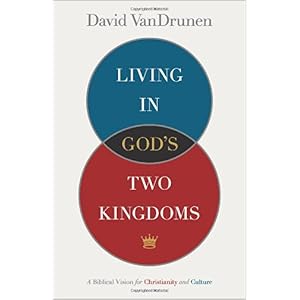
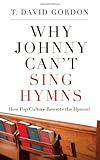 Why Johnny Can't Sing Hymns: How Pop Culture Rewrote the Hymnal
Why Johnny Can't Sing Hymns: How Pop Culture Rewrote the Hymnal



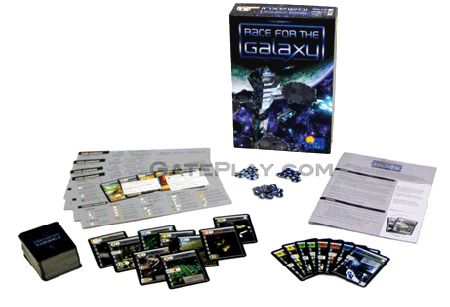
 30 Ways in 30 Days to Save Your Family.
30 Ways in 30 Days to Save Your Family.
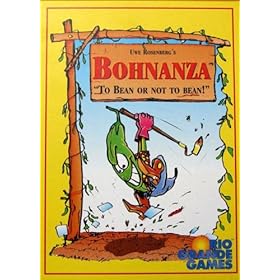
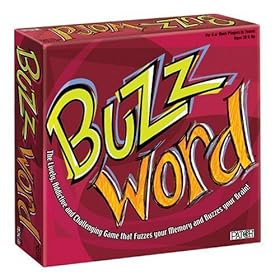
 Word Sweep
Word Sweep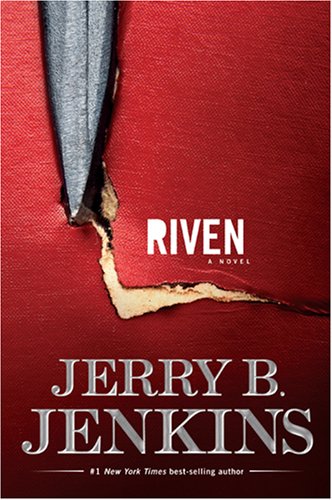 The author, who's written twenty other bestselling Christian fiction titles, describes this work as "the novel I've always wanted to write and is unlike anything I've ever written". I was intrigued by that, and, having now read the book, agree wholeheartedly. This is one of the most unusual novels I've seen in a long time.
The author, who's written twenty other bestselling Christian fiction titles, describes this work as "the novel I've always wanted to write and is unlike anything I've ever written". I was intrigued by that, and, having now read the book, agree wholeheartedly. This is one of the most unusual novels I've seen in a long time.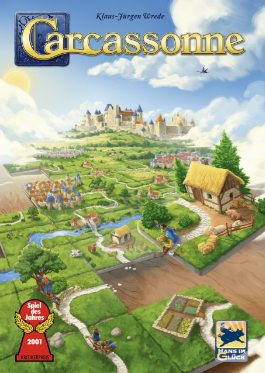 Fast-forward a dozen years, to the present. Carrie and I are not much the gaming types. (My acne is gone now, too.) But we ran across
Fast-forward a dozen years, to the present. Carrie and I are not much the gaming types. (My acne is gone now, too.) But we ran across 